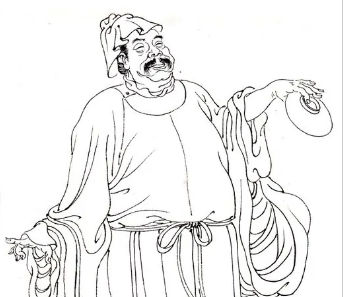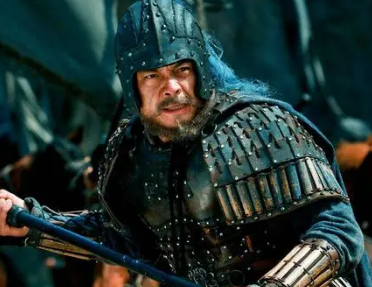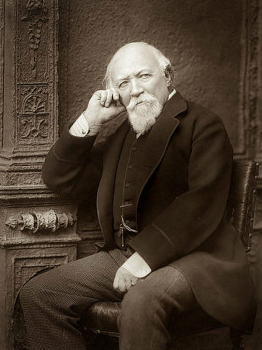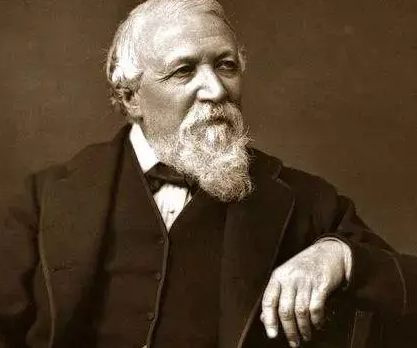The Han Jingdi, the fourth emperor of the Western Han Dynasty, was known for his mild and lenient governance, as well as his promotion of Confucianism. However, there was an unknown episode when naming his son, who later became the Han Wudi. Initially, the prince was named "Zhi", a seemingly ordinary name, but for various reasons, it was eventually changed to "Che". The reason behind this not only reflects the complexity of ancient royal power, but also reflects the expectations and considerations of Han Jingdi for his son.

Firstly, we must understand the meaning of the word "Zhi" at that time. In ancient Chinese, "Zhi" refers to a piglet, which is quite unusual and even contemptuous in the royal family. According to historical records, the reason why Han Jingdi initially gave his son such a name may be because he hoped that his son would be ordinary and avoid power struggles, leading a stable life. This naming method was not uncommon in ancient times, as parents sometimes gave their children ordinary or even humble names, hoping that they would grow up healthily and avoid jealousy and misfortunes.
However, as the prince grew up, Han Jingdi gradually realized his talents and potential. He was not only exceptionally intelligent, but also had a strong interest and unique insights into politics. Han Jingdi began to believe that such a talented son should not be bound by an ordinary name. Therefore, he decided to change his son's name to "Che".
The word "Che" in ancient Chinese has the meaning of being thorough and complete, revealing Han Jingdi's new expectations for his son. He hoped that his son would have a profound understanding of the world and make a difference, even completely change the fate of the Han Dynasty. The change of this name was not only a re-recognition of his son's identity, but also a prediction of his future role.
Indeed, the emperor later known as the Han Wudi, with his decisive and wise governance, ushered in the golden age of the Han Dynasty. He implemented reforms internally and expanded territory externally, making the Han Dynasty one of the most powerful countries in the world at that time. The achievements of the Han Wudi not only confirm the implication of his name "Che", but also fulfill the expectations of Han Jingdi for him.
In summary, the reason why Han Jingdi initially named the Han Wudi as "Zhi" and then changed it to "Che" was based on his changing understanding and expectations of his son's growth process. This name change not only reflects a father's love and expectations for his son, but also predicts the future glory of the Han Wudi.
Disclaimer: The above content is sourced from the internet and the copyright belongs to the original author. If there is any infringement of your original copyright, please inform us and we will delete the relevant content as soon as possible.
































